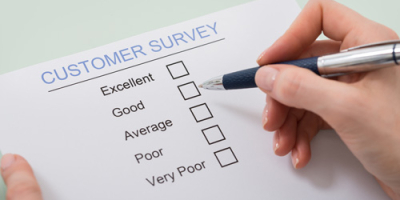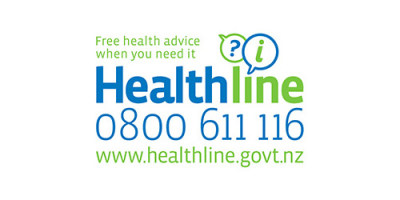Blenheim cryptosporidium outbreak lingers
Cases of cryptosporidiosis continue to be confirmed in Blenheim, with the public health focus now on reminding early childcare centres how to avoid preventing more cases.
27 people who swam at the Stadium 2000 pool, before it was closed 22-28 June, have been confirmed with cryptosporidium.
Dr Andrew Lindsay, Medical Officer of Health, Nelson Marlborough Public Health Service says that while the pool has been confirmed as safe and the number of future cases associated with the pool is expected to decline, the illness could continue to spread.
Of particular concern is the potential spread among families and early childcare centres in Marlborough, who have been advised about how to prevent this as much as possible.
“We believe that seven people contracted the illness from other people who became unwell after swimming at the pool, but now we are seeing further spread among families and those working or attending early childcare centres,” Dr Lindsay says.
“We are talking to childcare centres directly but also remind anyone who has been ill with diarrhoea or a tummy upset avoids public swimming pools for at least two weeks from the time they start to recover.”
About cryptosporidium
Cryptosporidium is most often spread by hands contaminated with faeces during toilet use or nappy changing. From hands it can spread to surfaces, toys, food and water. It also spreads in shared water such as swimming pools where the Cryptosporidium may be swallowed.
Symptoms may include large amounts of watery diarrhoea and stomach cramps. Lack of appetite, fever, nausea and vomiting sometimes occur. People with weak immune systems, particularly those with HIV, can have severe and life threatening illness.
The best way to prevent cryptosporidiosis infection is to always practice good hand washing and drying after using the toilet, changing nappies and before preparing or eating food. And remember not to share bugs by avoiding swimming pools while sick and for two weeks after symptoms stop.
For concerns relating to your health (non-emergency) please contact: Your general practitioner, afterhours service or Healthline 0800 61116





